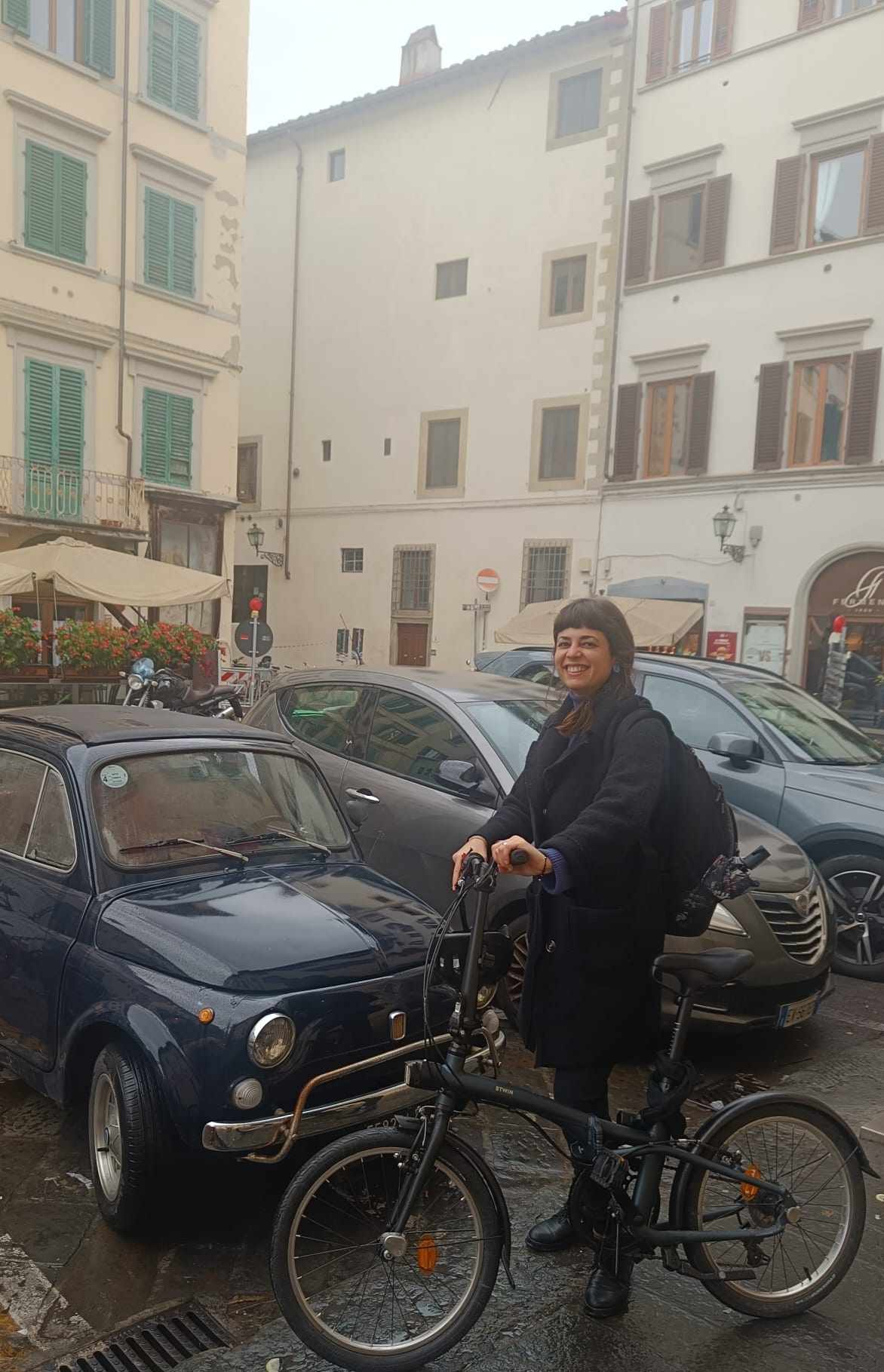
Lydia is a PhD Candidate in Political Science and Sociology at Scuola Normale Superiore in Florence. Her PhD research focuses on water as a commons’ claims and practices in contexts linked with participatory democratic mechanisms and direct social actions. Throughout this framework, she works towards the intersection of two bodies of academic literature; one is in social movement studies and the other belongs to political ecology.
Before becoming a member of SNS, as a PhD candidate, Lydia obtained a Bachelor’s Diploma in Psychology from the Aristotle University of Thessaloniki in Greece and a Master’s Degree in Social and Cultural Anthropology from KU Leuven in Belgium. She has participated in social movements related to natural resources management, such as water and earth social struggles and initiatives for the commons. She is an amateur in photography and multimedia use in the framework of the communication of her research in and beyond academic audiences (i.e. blog-collaborative-making, soundscapes and video-sound-image production).
Her previous working experience includes the collection and analysis of oral stories, secondary archival research and qualitative research in the field of social sciences. She has written articles for online magazines and participated in collaborative writing projects in the fields of social, political science and critical humanities.
Research interests: social movements, commons, participatory democracy, collective action, and political ecology
Home pageJournal Article - 2025
Journal Article - 2023
Journal Article - 2023
Journal Article - 2023
Journal Article - 2023
Monograph - 2023
Monograph - 2022
Monograph - 2022
Journal Article - 2021
Journal Article - 2021